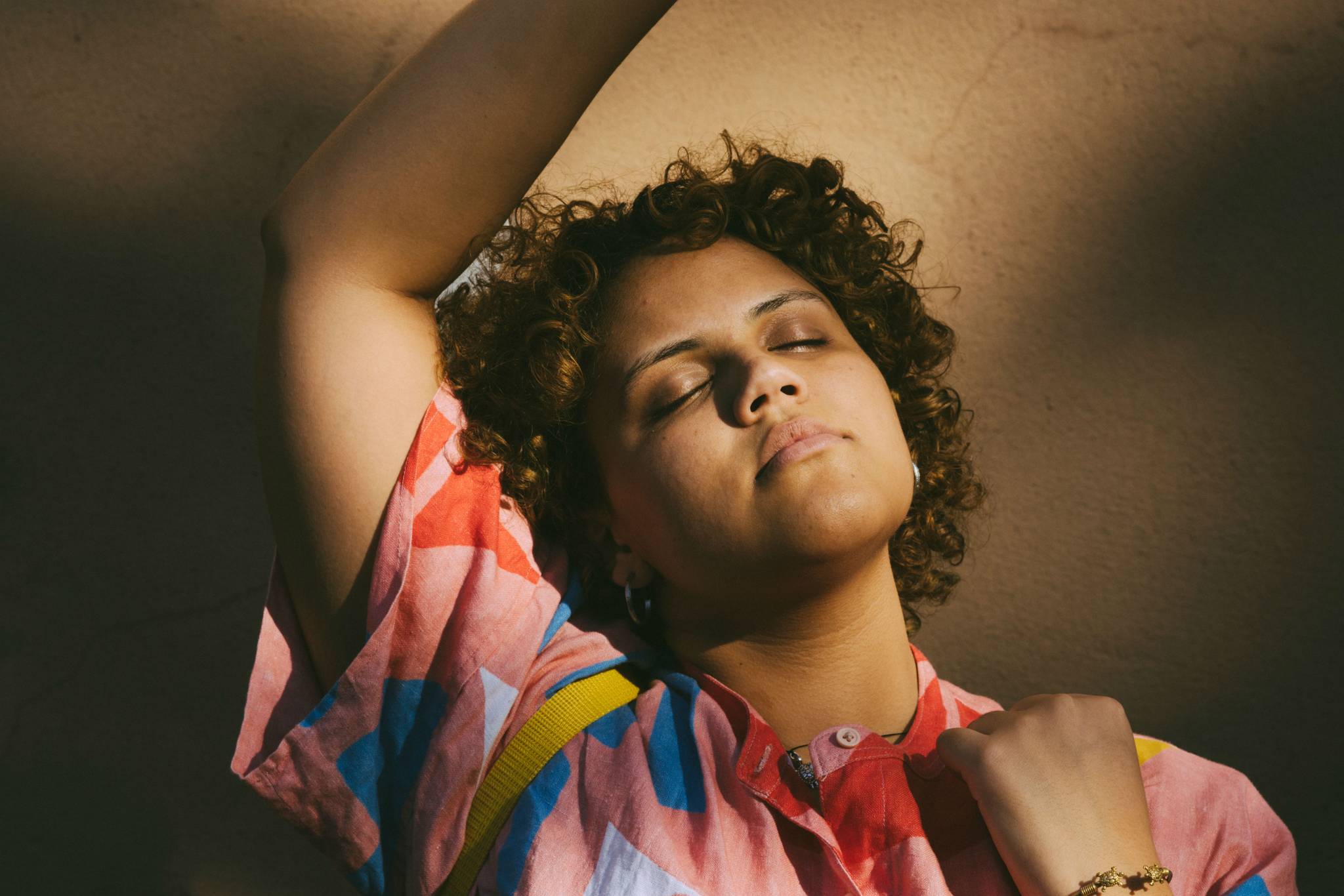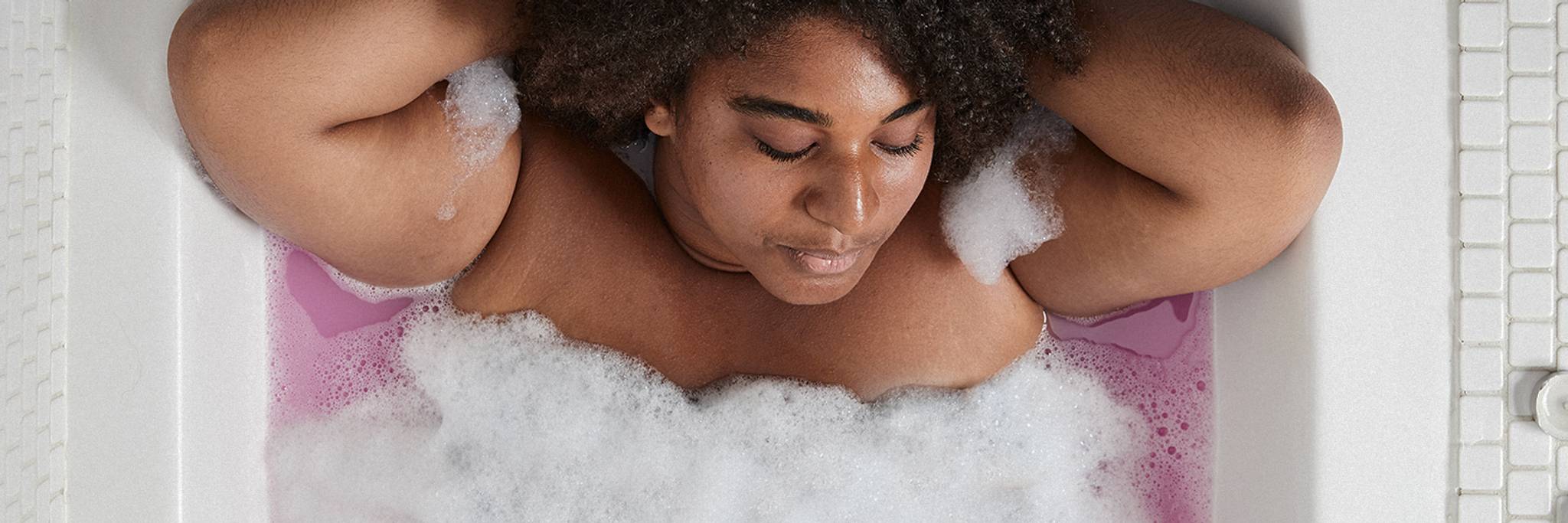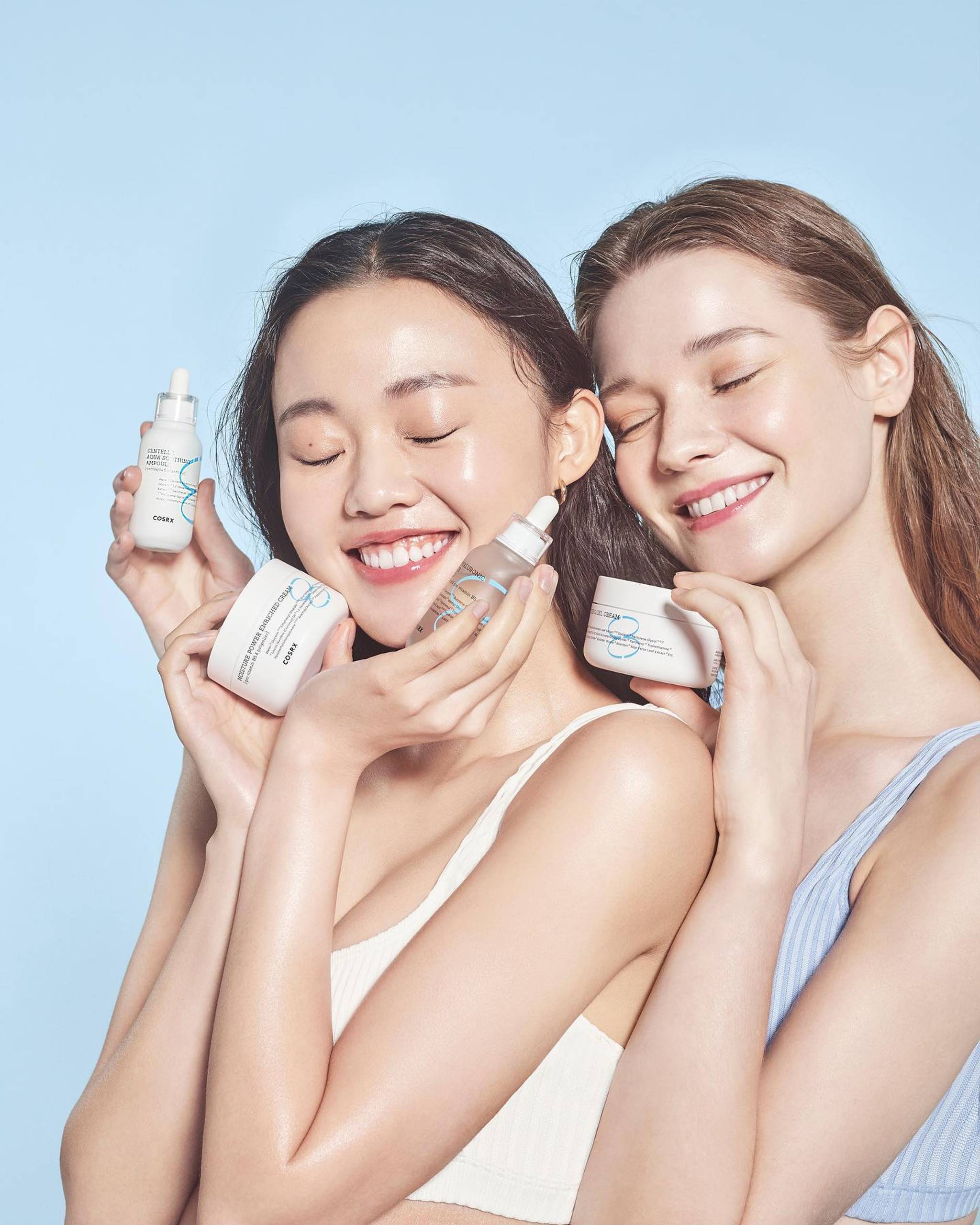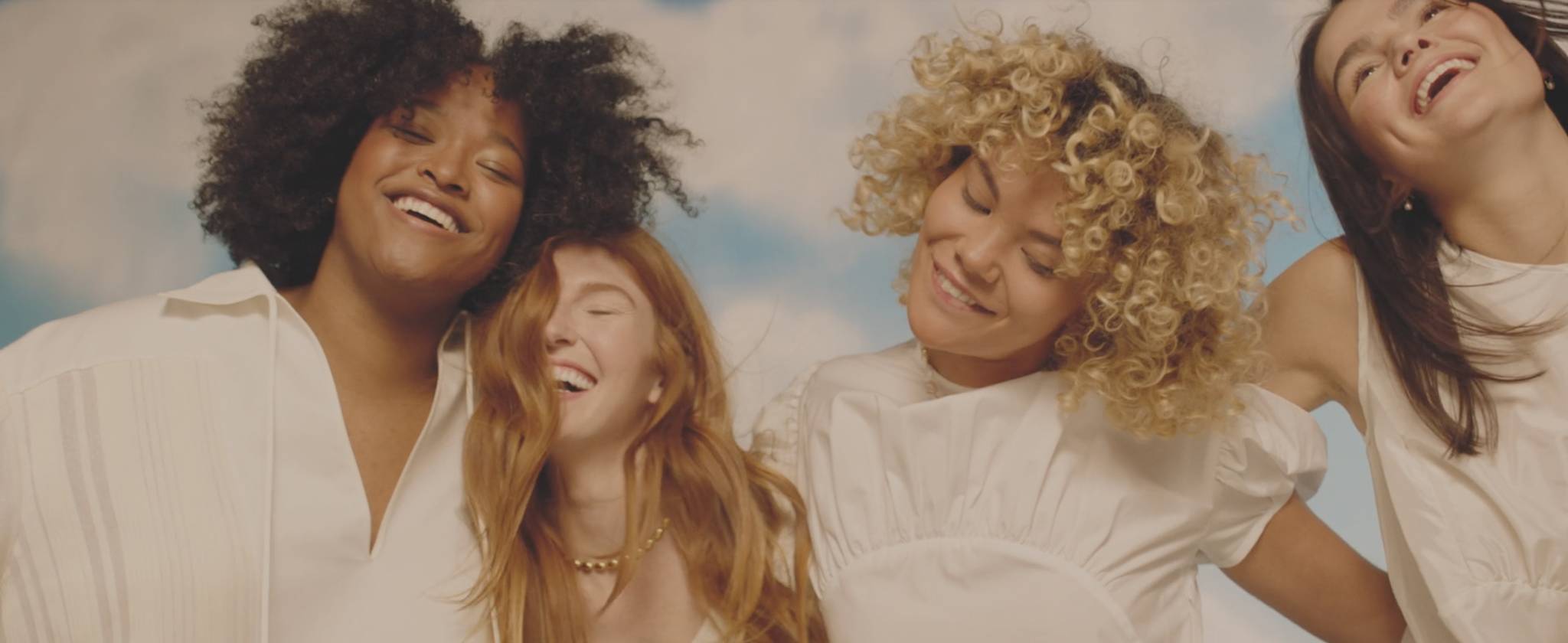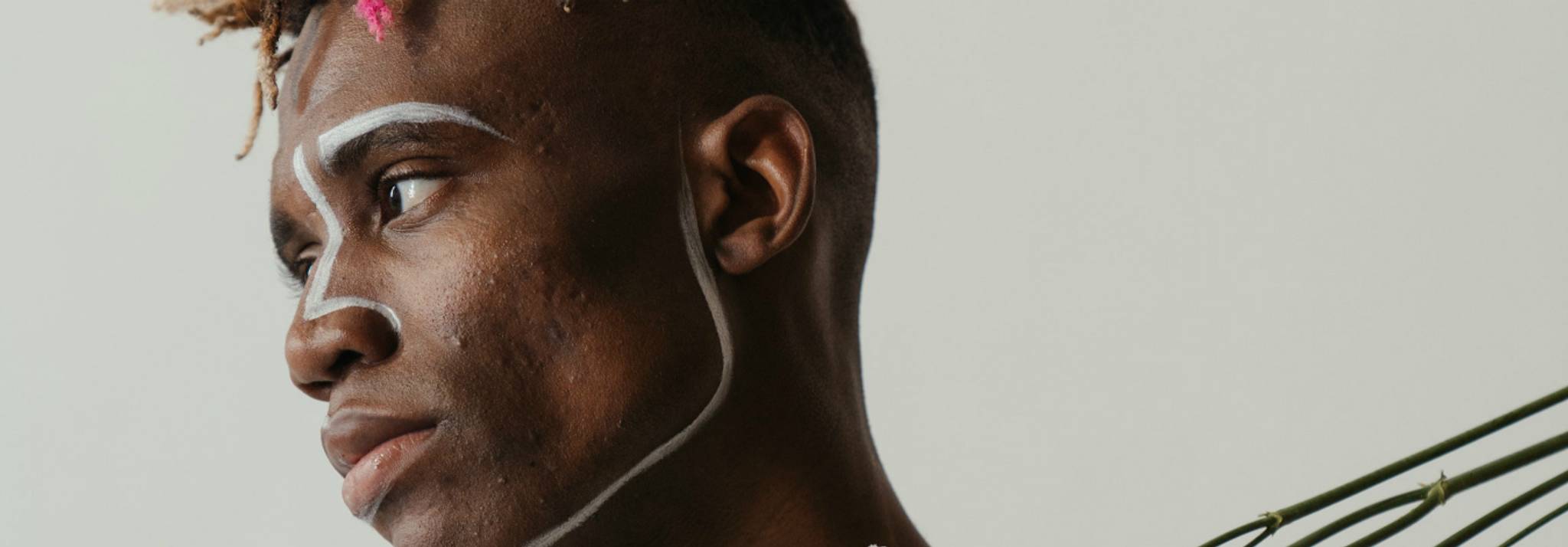
Have indie brands killed off the beauty influencer? Are self-cleaning products the future? Has lockdown home-pampering shaped skincare routines for good? In our Expert Outlook 2021 report, we spoke to three experts about how people are seeking new forms of comfort from their beauty routines.
If the beauty antics of 2019 felt disruptive, it's safe to say nothing could have armed brands for what lay ahead in 2020. With the pandemic forcing salons to shut, in-store testers posing a health hazard, and make-up sales plummeting, COVID-19 has rewritten beauty habits.
But far from sacking off their beauty routines, the chaos of 2020 saw consumers move away from performative acts of beauty and instead find a sense of refuge and control in beauty rituals.
So what will the Beauty landscape look like in 2021? We spoke to three experts to find out. Brittany Brown, the founder of Project Beauty Media, explains why 2021 might spell the end of influence as we know it, award-winning beauty Journalist Shannon Peter describes how beauty rituals are getting a sensory awakening, and futurologist Jeanine Recckio explains how beauty innovation is anyone's game in a crisis.
Read an excerpt below:
SENSORIAL MOMENTS
People are seeking comfort, so they will use beauty as a way to boost their mood
Brittany Brown is the founder and CEO of Project Beauty Media.
As beauty branding continues to shift from being a perpetuated beauty ideal to how a group of people can identify with the product and company, 2020 saw consumers becoming the influencers and drivers of beauty products. Moving into 2021, we can expect to see the move away from traditional beauty authority accelerate and influencer culture really start to struggle. The modern-day consumer is not only growing more dismissive of beauty standards and how the industry works, they are no longer paying attention to it. So if you're pushing standards or ambassadors that your consumers don't agree with, they're not going to shop your product. So there’s a growing awareness that consumers are the drivers of how successful or unsuccessful a business can be.
Without the popularity of influencers to rely on, beauty brands are putting a greater emphasis on attracting consumers into their company ethos. We are also increasingly seeing more founders putting themselves and their story at the forefront of their brand. There’s a growing transparency around where they are within their business as a founder and how their community, not influencers, can help them get there. This shift became especially clear in June 2020 when the Black Lives Matter movement started in the US – that was a huge driver of change for a lot of Black-owned brands, especially within beauty to push new narratives forward.
Want to know more about the future of beauty? Download Expert Outlook 2021: Make Believe now
